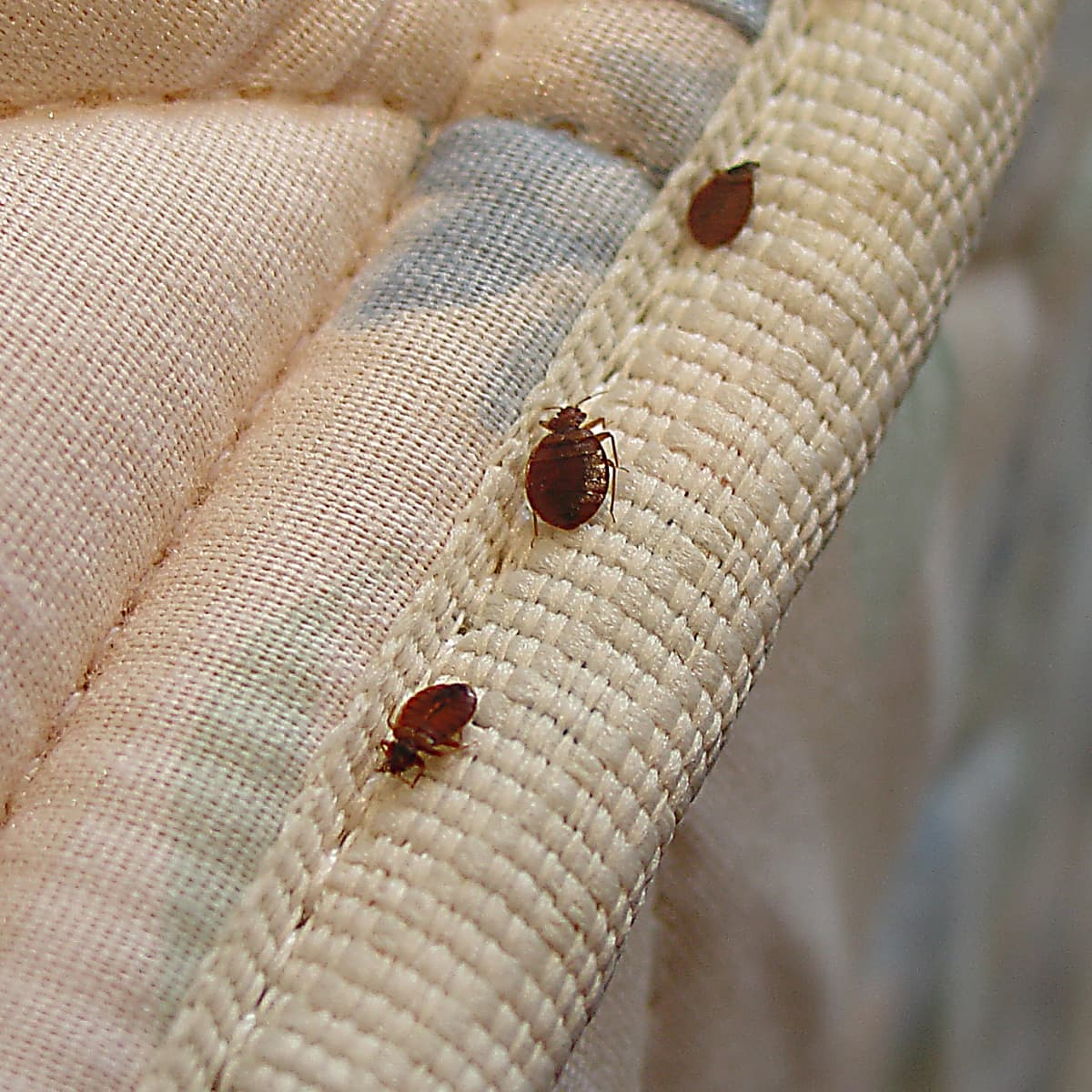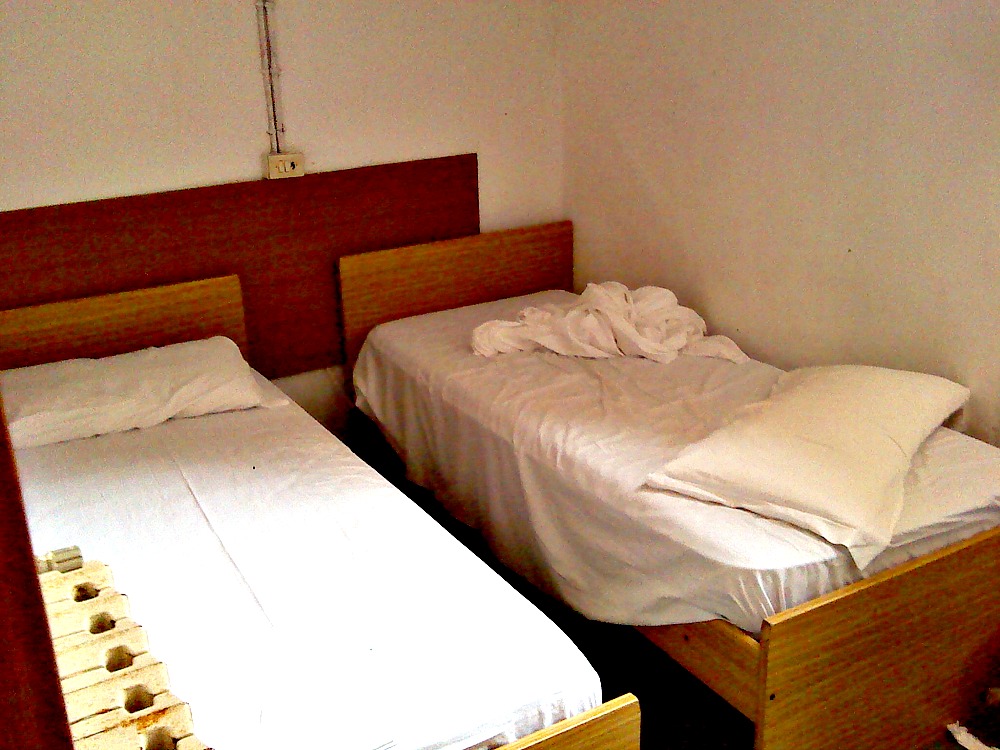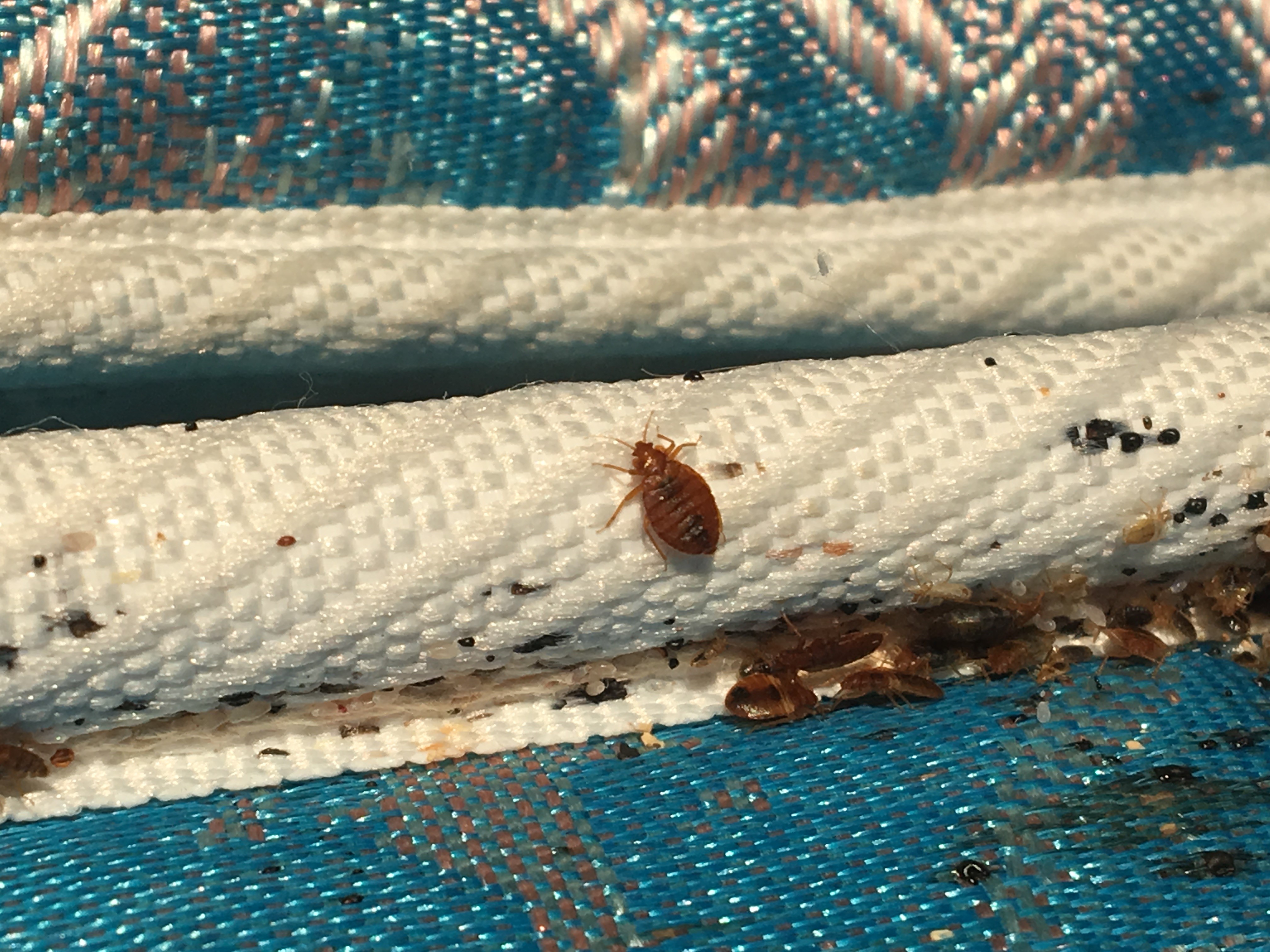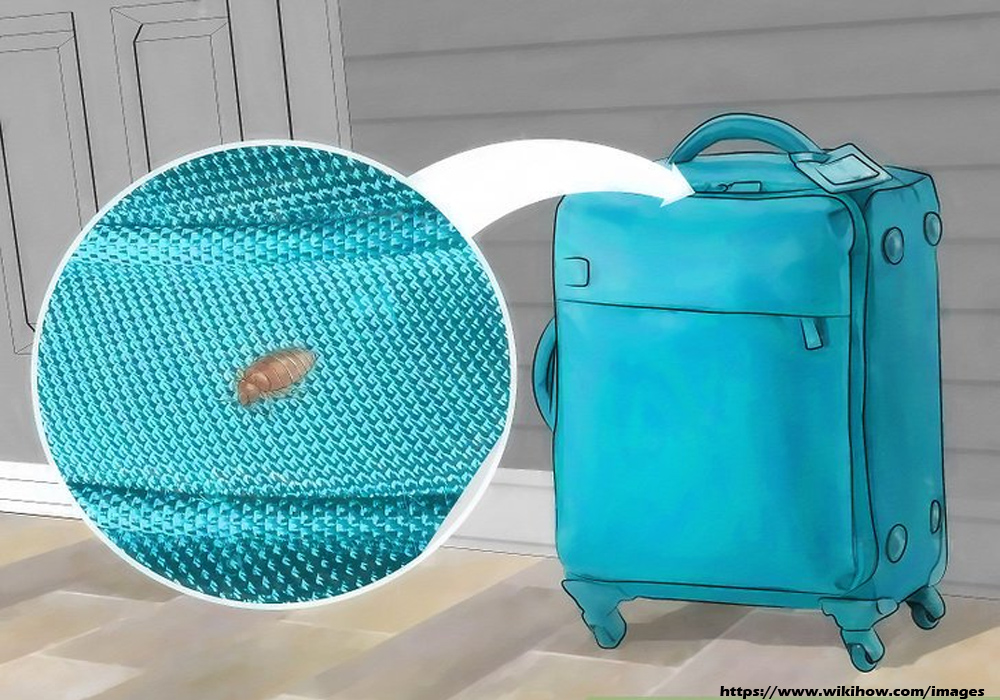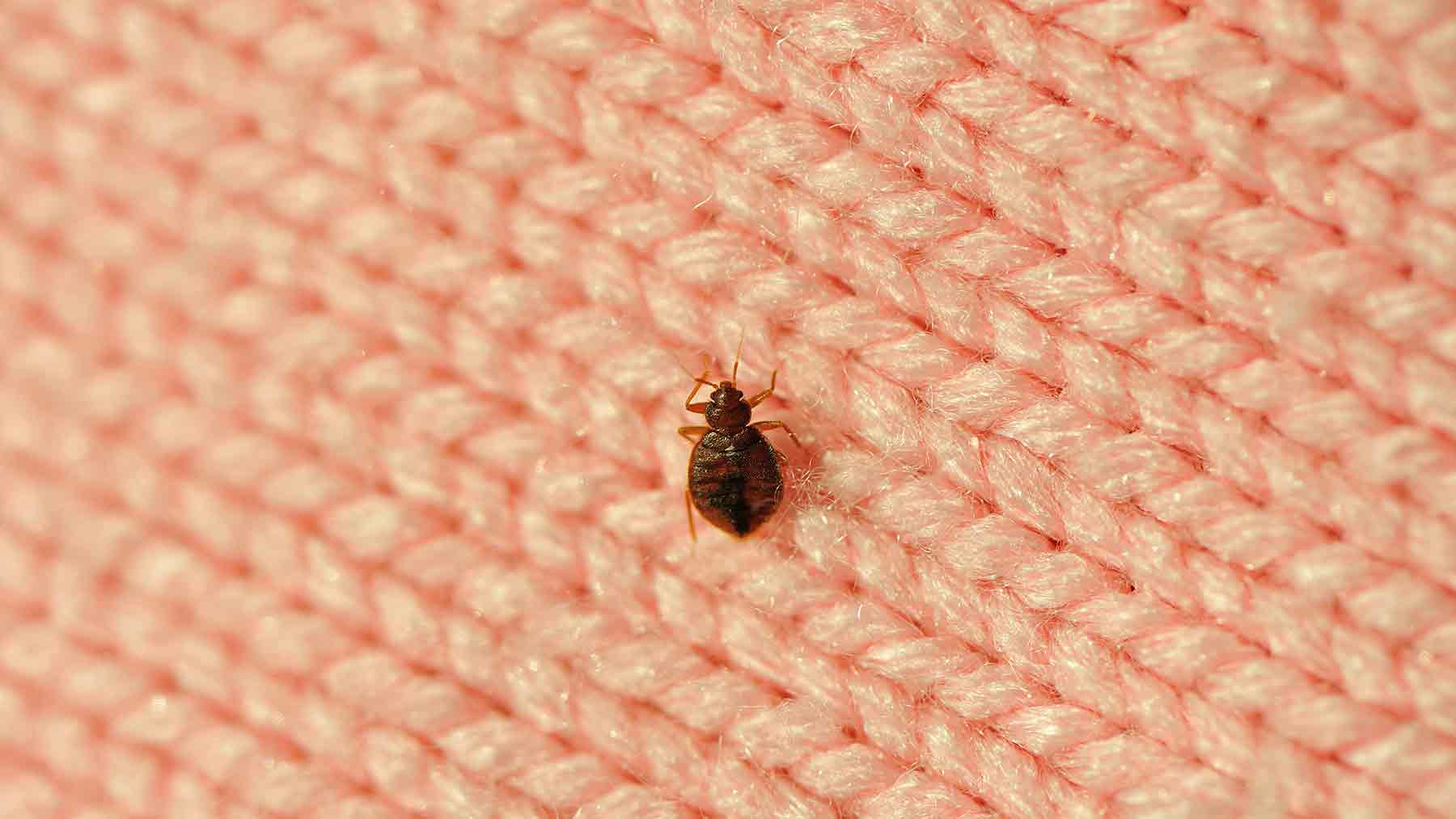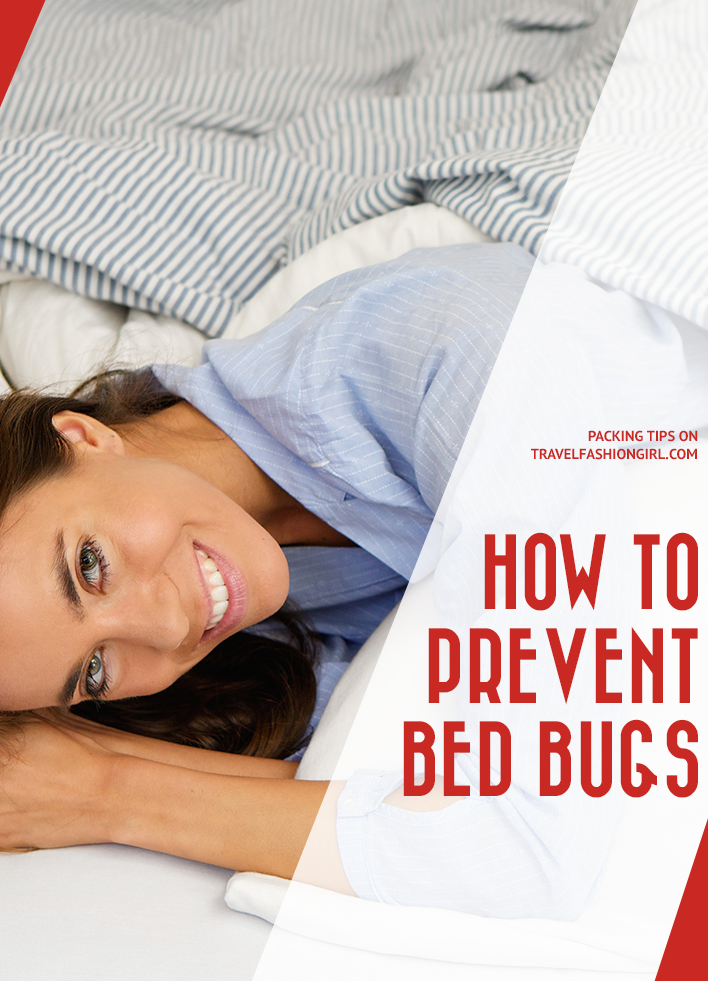Marvelous Info About How To Avoid Bed Bugs

Few places are safe from bed bugs.
How to avoid bed bugs. Seal hiding areas and remove infested items. The pain or swelling around the bites is spreading. You shouldn't need any special tools to do this.
How to prevent bringing bedbugs into your home after traveling. Know what to look out for — and where. Use protective covers on mattresses and box springs.
A few simple precautions can help prevent bed bug infestation in your home: Check secondhand furniture, beds and couches for any signs of bed bug infestation before bringing them home. To prevent carrying bed bugs home, avoid placing luggage directly on beds, use metal luggage racks, and consider packing belongings in small plastic bags.
How to treat bed bug bites. Remove clutter from the floor. Reduce places where bedbugs can hide.
What to know about bed bugs—and how to avoid them while traveling. Bedbug bites are still very painful, swollen or itchy after trying treatments from a pharmacist. Keeping the affected area clean.
The epa suggests a number of precautions you can take to help prevent bed bugs from infesting your home, including: Bed bugs found at 4 popular. Rinse in clean water until the comforter runs clear and then gently squeeze out any excess water.
Prevention is the key to avoiding bedbug infestations in your home. Inspect your hotel, motel, or dorm room. Pull back the sheets and look closely at the surface, sides, and seams of the mattress near the headboard.
Don’t store items under your bed. Avoid preparing food for others when sick and for two days after symptoms stop; Keep clothes off the bed.
Putting something cool, like a damp cloth, on the area. Vacuum often, including under and behind beds. Repair or remove peeling wallpaper and tighten loose electrical faceplates.
Spider bite 101. Run your vacuum over anywhere the bugs might be hiding, including your mattress,. Bedbugs aren't known to spread disease, but they can cause an allergic reaction or a severe skin reaction in some people.
